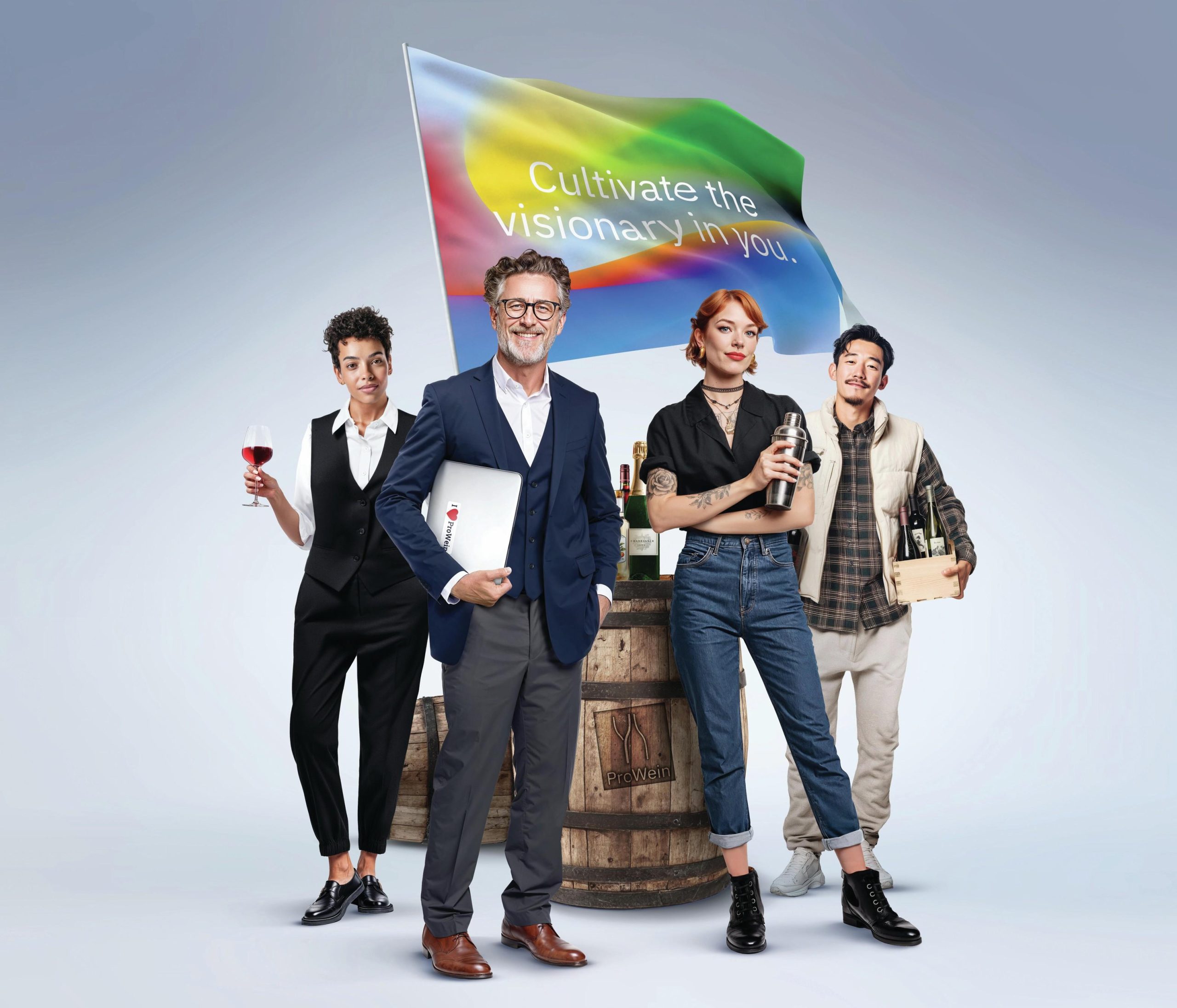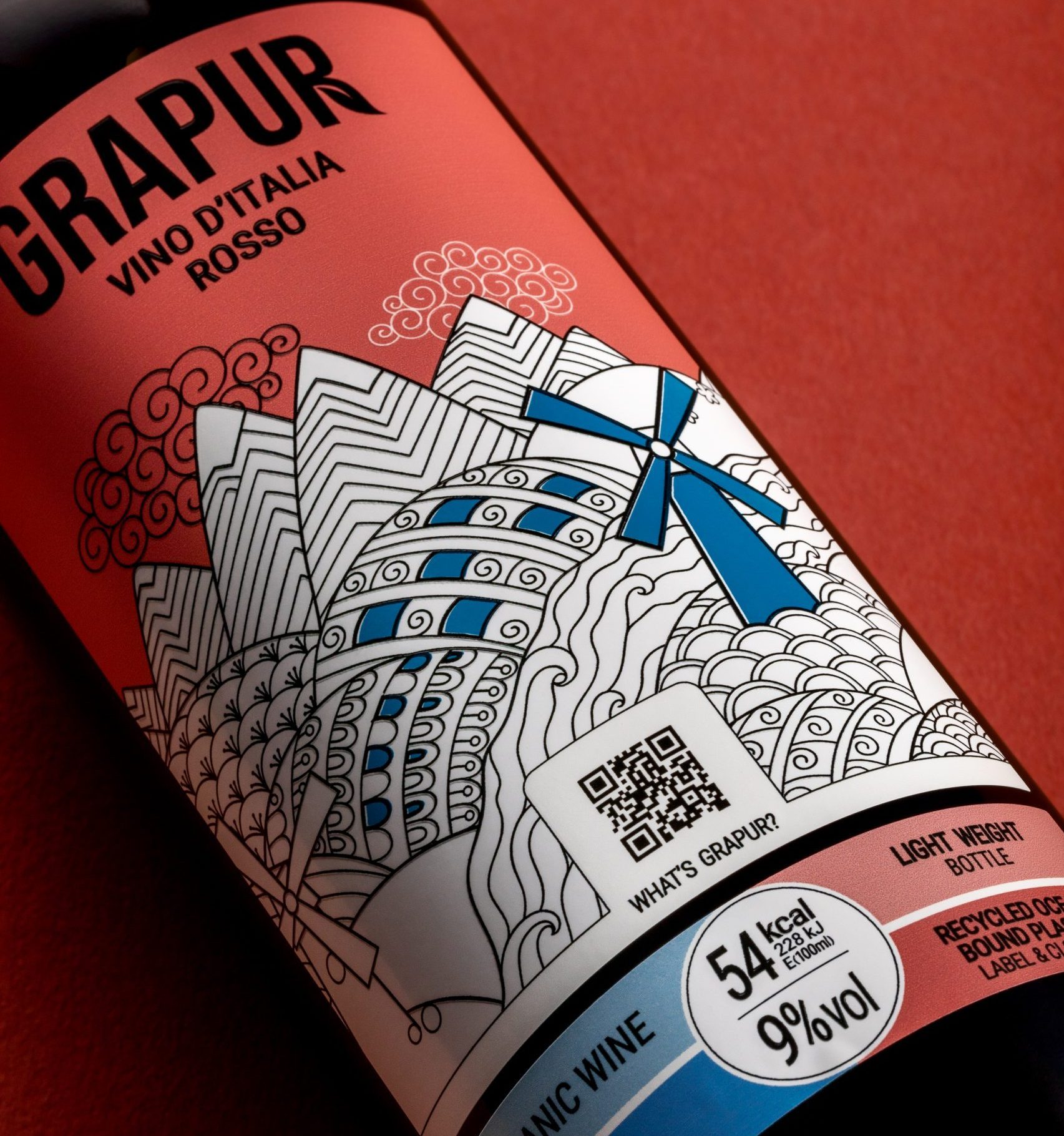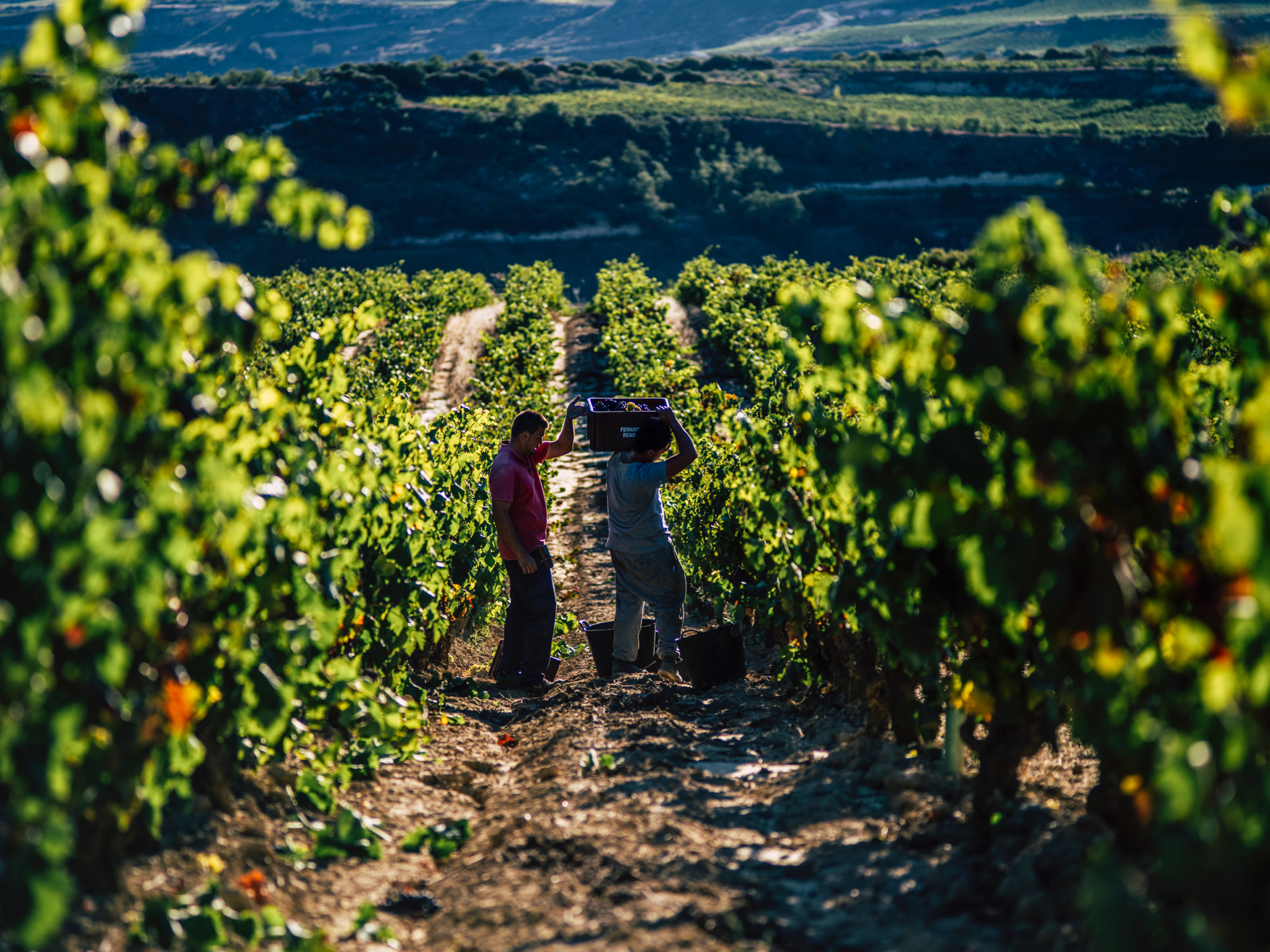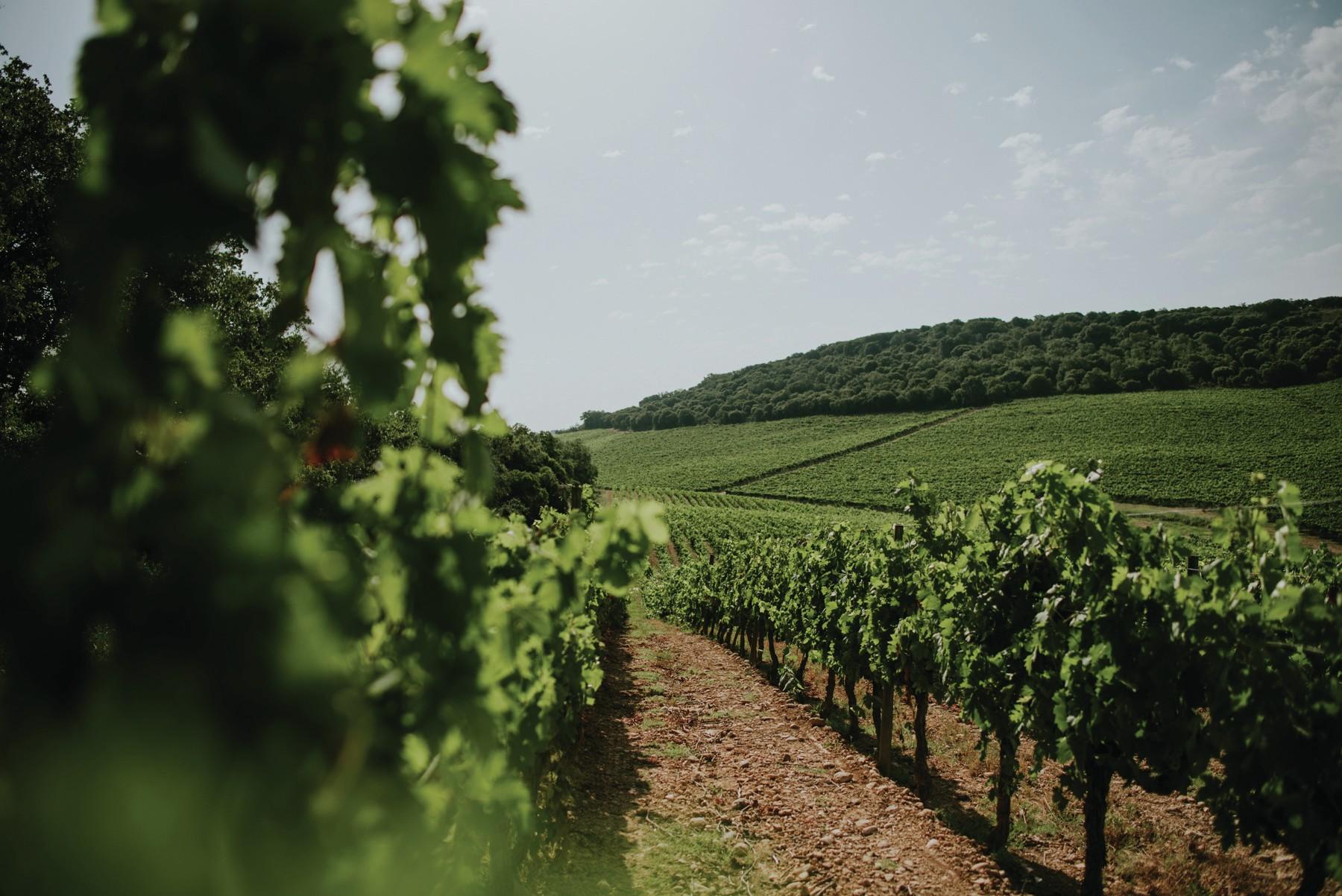Most Bordeaux drunk ‘far too young’
Many wine consumers do not wait long enough to drink Bordeaux when it has reached maturity and is ready to drink, says one Pessac-Léognan brand ambassador.
At a lunch tasting of Château LaTour-Martillac including its 2001 and 2011 blanc, and 2000, 2005 and 2011 rouge, the brand ambassador and a former winemaker, Edouard Kressmann, spoke of his desire for consumers to leave drinking Bordeaux “for as long as possible.”
“It’s simple. Bordeaux cannot be drunk too young, and this goes for red and white wine. In my opinion, our 2011 and 2012 are still too early to drink now. They are great wines but will not show their true characteristics for another 15 or so years. It doesn’t matter how well a wine is made, if it’s drunk too early it’ll be too aggressive.”
“There’s also a misconception that white Bordeaux does not age well and that it is too fragile. Our wine is made to last and as we use extensive lees ageing – around 15 months – it makes the wine far more robust than people might otherwise think.”
Kressmann who is the descendant of Alfred Kressmann who bought the Graves estate in 1930 and who is also named after Alfred’s father Edouard, the founder of the négociant business of Eduoard Kressmann & Co in 1871, cited a story where a bottle of 1939 Château LaTour-Martillac blanc was found two years ago in a Nazi bunker in Poland and was subsequently bought by a collector in Scotland.
“The cork had never been changed and even though the wine had spoilt slightly because of the cork, the collector reported it had still retained surprising levels of acidity and freshness.”
Kressmann also went on to debunk the idea that a wine has to reach its ‘peak’ maturity, when it can be enjoyed for only a short window of time before declining in taste and quality.
“I don’t think there’s any such thing as a peak. If the wine is well made, then it’ll be good every year. A New Zealand Sauvignon Blanc is different of course; they are made to drink shortly after bottling. But good, structured Bordeaux will keep evolving and it will all depend on how the consumer likes their wine – the aged aromas of an older wine or younger with more fruit expression?”
Partner Content
“Obviously from an estate’s point of view, it costs to keep stock in the cellar but then you have to make the choice – will the wine appreciate in value enough to warrant it being kept and not drunk?”
In markets such as Hong Kong and China where the consumer preference has generally been heavily focused on red wine, Kressmann admitted that that Pessac-Léognan still “lags behind the Medoc.”
“It is difficult to get a clear vision on the Chinese market, especially going through the negociant-importer system. We split our distribution between Hong Kong and China as it’s very difficult to control the exports into China and where the wine eventually ends up. No one, not even the government knows the correct figures.
“Also despite our best efforts at tastings, the Chinese are still very insistent on buying our reds. Sure, they appreciate our whites whenever we give them a glass but we sell one white bottle to every three of our reds.”




